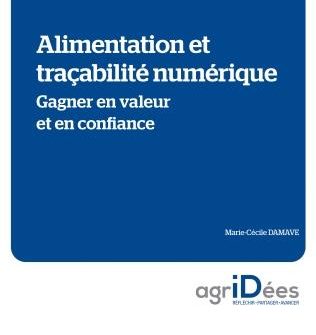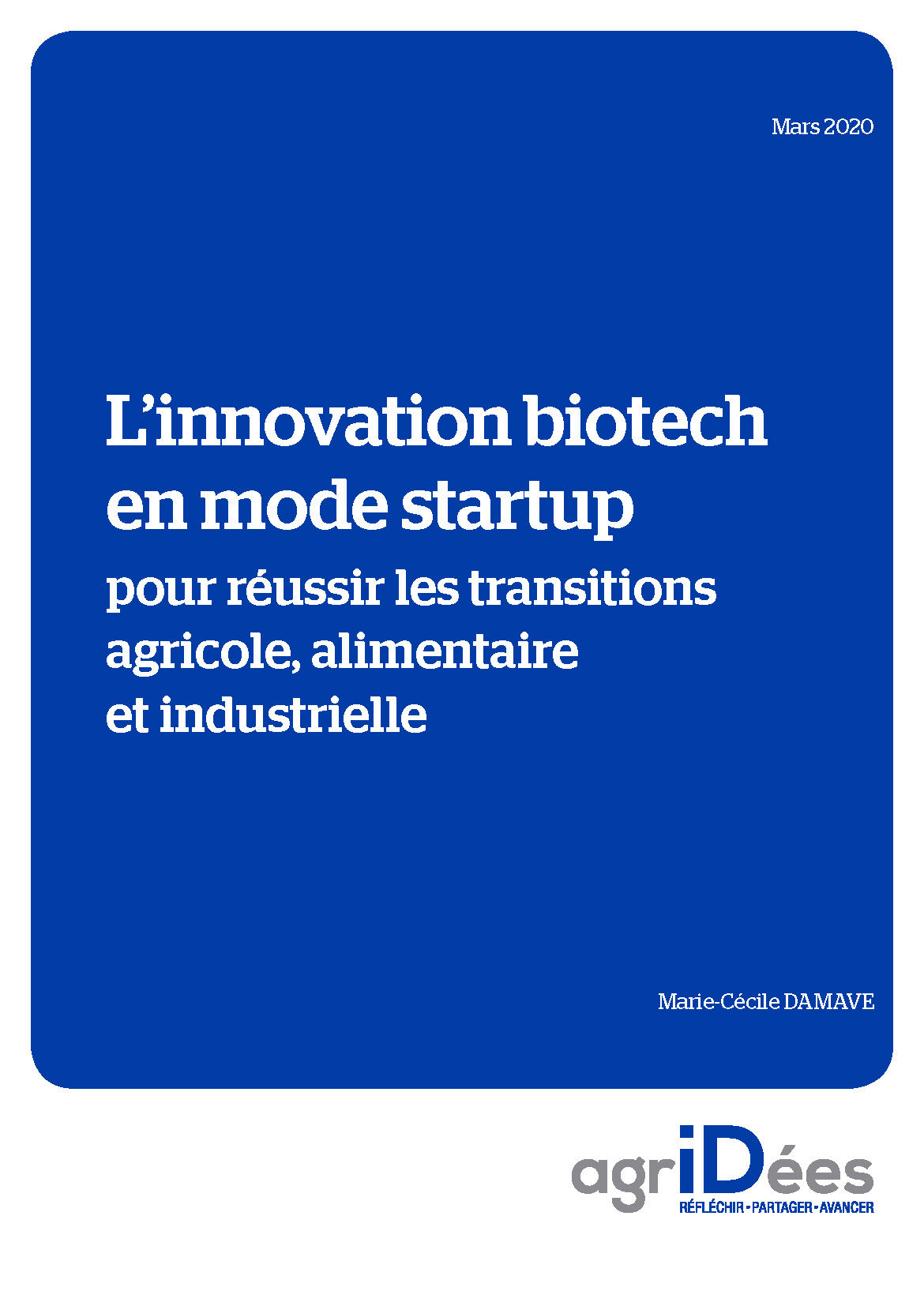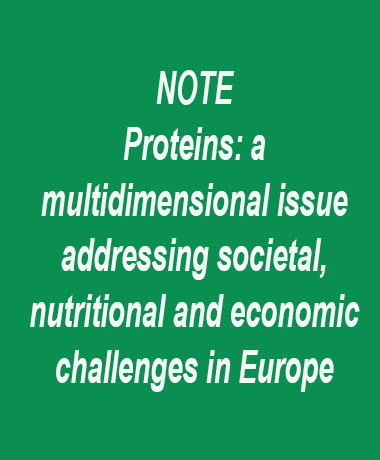Notes
Temps de lecture : 5 min
27/10/2018
Bioeconomy: farm businesses and society, a joint emergency

English Version for Summary and Recommendations only.
Résumé
The bioeconomy is a bio-based economy that produces, adds value to, and processes biomass, in a circular economy approach and generating new value chains. The bioeconomy is a crosscutting system that generates synergies between, agriculture, forestry and other industries (such as energy), improving the value of the biomass. The bioeconomy offers endless possibilities and choices in utilizing more efficiently the biomass. European, national and regional public policies which are presently too numerous and lacking well-defined objectives must address these issues. To guarantee the close involvement of stakeholders in the bioeconomy, objectives must emphasize economic competitiveness. Environmental sustainability (including fighting against climate change and managing waste) and social sustainability (bonding local stakeholders and consumers) must come second. Farmers are key stakeholders of the bioeconomy. By definition, they provide biobased products and services, and their efforts must be encouraged with the help of Payments for Environmental Services (PES). The latter could be financed by either private companies as part of the Corporate Social Responsibility (CSR) initiatives or local authorities. The bioeconomy involves numerous technological innovations in biomass processing and conversion, on the one hand, and organizational innovations, on the other. It is essential to create platforms which will bring together stakeholders in biomass research, production, and processing, as well as consumers of bio-based products and services. Lifting certain regulatory burdens is urgently needed to make the bioeconomy more efficient, scaling up the processing of coproducts.
Nos propositions
1. Connecting and better supporting local stakeholders
For regional authorities, chambers of agriculture, commerce and industry, creating platforms hosting supply and demand stakeholders of bio-based products and services. Organizing a set of indicators and a decision tree to help these stakeholders make choices in better uses of biomass. Choosing differentiating biobased products meeting other demands than those of their fossil carbon-based alternatives.
2. Funding farmers engaging in the bioeconomy with PES
Funding farmers for their actions in the bioeconomy with Payments for Environmental Services (PES) from private companies through their Corporate Social Responsibility initiatives, or from local authorities.
3. Stimulating innovation with specific instruments
Organizing a network of living labs and research programming dedicated to the bioeconomy in the budget of the technical institutes in agriculture. Using the French Research Tax Credit (Crédit d’Impôt pour la Recherche) to stimulate innovation by private companies in new bio-based solutions including fertilizers, biostimulants, and biocontrol. Creating an Animal-Based Chemistry Association along the lines of the Plant-Based Chemistry Association.
4. Scaling up by lifting regulatory burdens
Adapting the regulation on classified installations for environmental protection (in French, “Installations Classées pour la Protection de l’Environnement”) to lift the burdens relative to waste management. Changing the status of biogas plants digestates and certain food industry-derived matters from waste to by-products to lift the limits in quantities of biomass processed.






